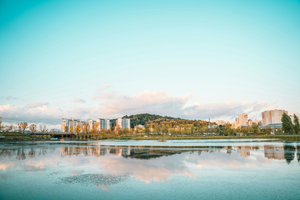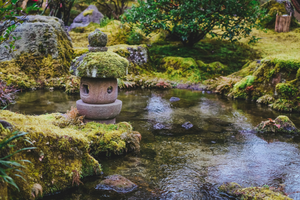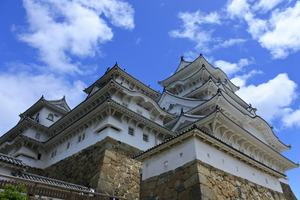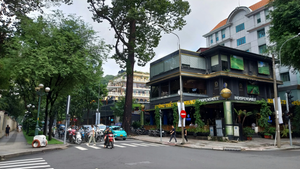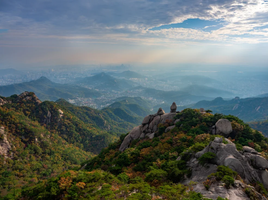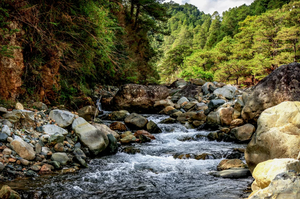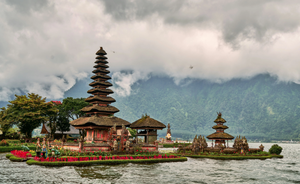Indigenous Wisdom: Sustainable Agricultural Practices in Sumba
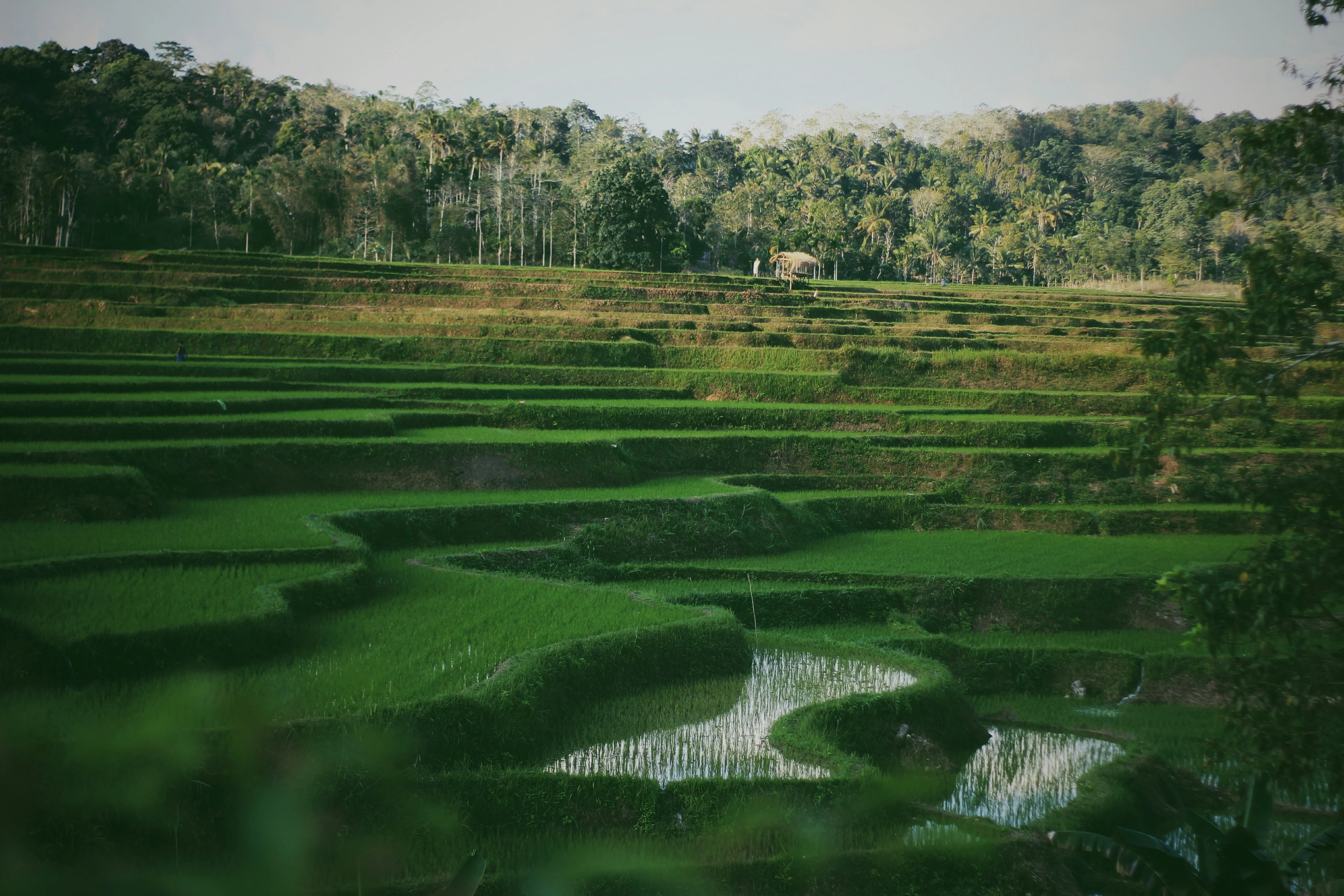
In an era where sustainable agriculture is more than a mere buzzword, the rich traditions of Sumba's indigenous communities offer a promising repository of knowledge and techniques. For travelers on a budget who yearn for genuine experiences, delving into these centuries-old practices can provide invaluable insights while enhancing their journey. As proximity to Bali makes Sumba an accessible destination, uncovering this treasure trove of ecological wisdom is just a hop away.
Unique Farming Techniques Rooted in Tradition
Sumba, one of Indonesia's lesser-known islands, is home to indigenous communities that have farmed its rugged landscapes for generations. The island's inhabitants employ a harmonious blend of agriculture and nature, fostering a balance that modern practices often lack.
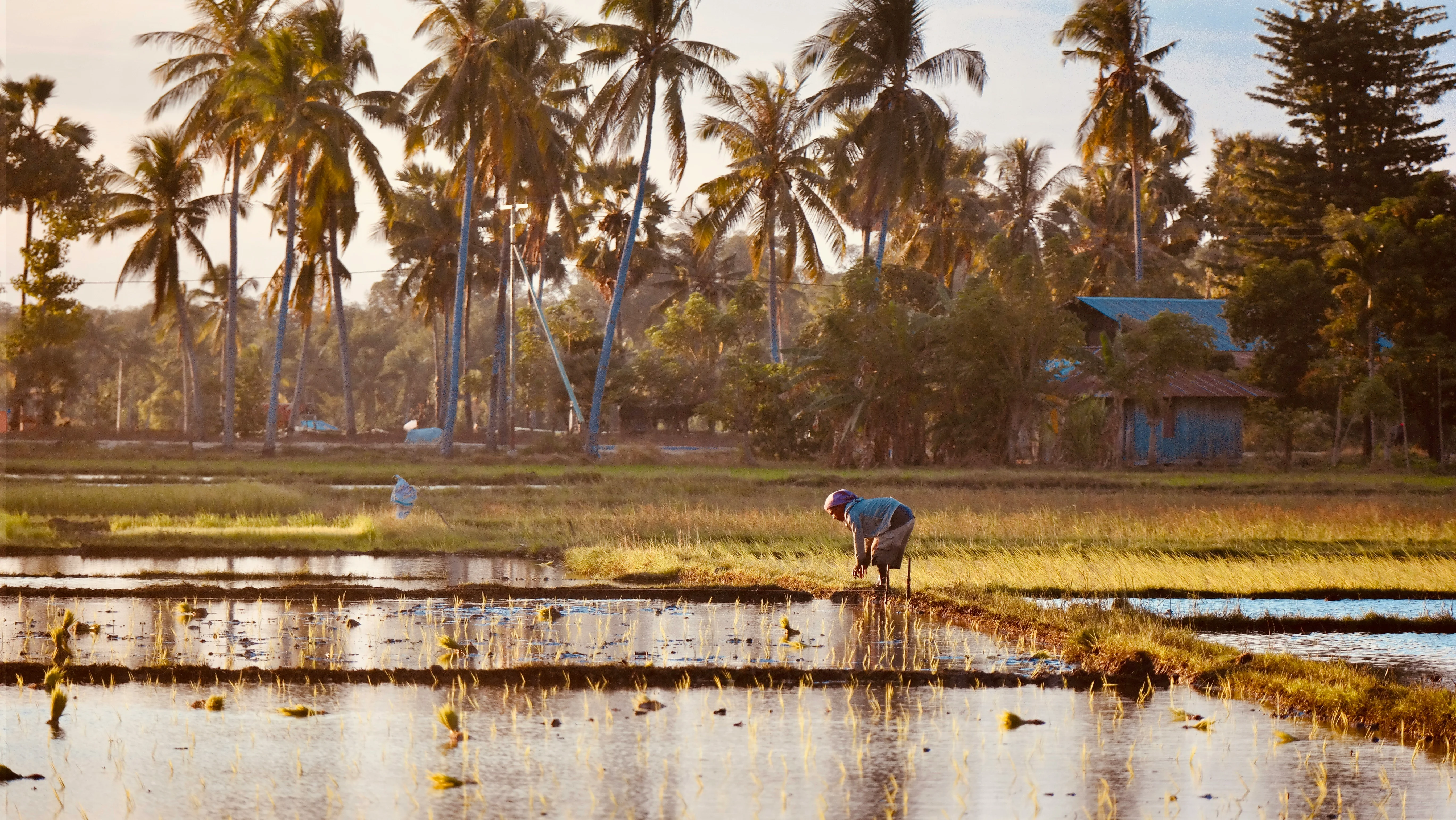
The Importance of Agroforestry
Central to Sumba's agricultural ethos is agroforestry. By integrating trees with crops and livestock, indigenous farmers create a more diverse ecosystem that enhances soil fertility, reduces erosion, and supports biodiversity. This method ensures that the land remains productive, even when confined to small-scale farming operations, making it particularly useful for regions with similar geographic constraints.
Water Management: A Resourceful Approach
Water scarcity is a frequent challenge, yet the island's farmers employ ingenious techniques to keep their crops hydrated. Traditional wisdom emphasizes the construction of simple, cost-effective irrigation systems that capture and store rainwater. This practice not only optimizes water usage but also mitigates the impacts of climate variability.

Lessons for the Modern Traveler
As travel enthusiasts flock to Bali in search of beautiful beaches, they often miss out on the authentic, culturally rich experiences that neighboring islands like Sumba provide. Budget travelers curious about sustainable practices can learn valuable lessons that expand far beyond agricultural boundaries.
Engaging with the Community
Connecting with Sumba's indigenous communities provides a firsthand understanding of these sustainable practices. Participating in farming activities or attending local workshops can kindle a deeper appreciation for traditional ecological knowledge and the community's commitment to preserving their environment.
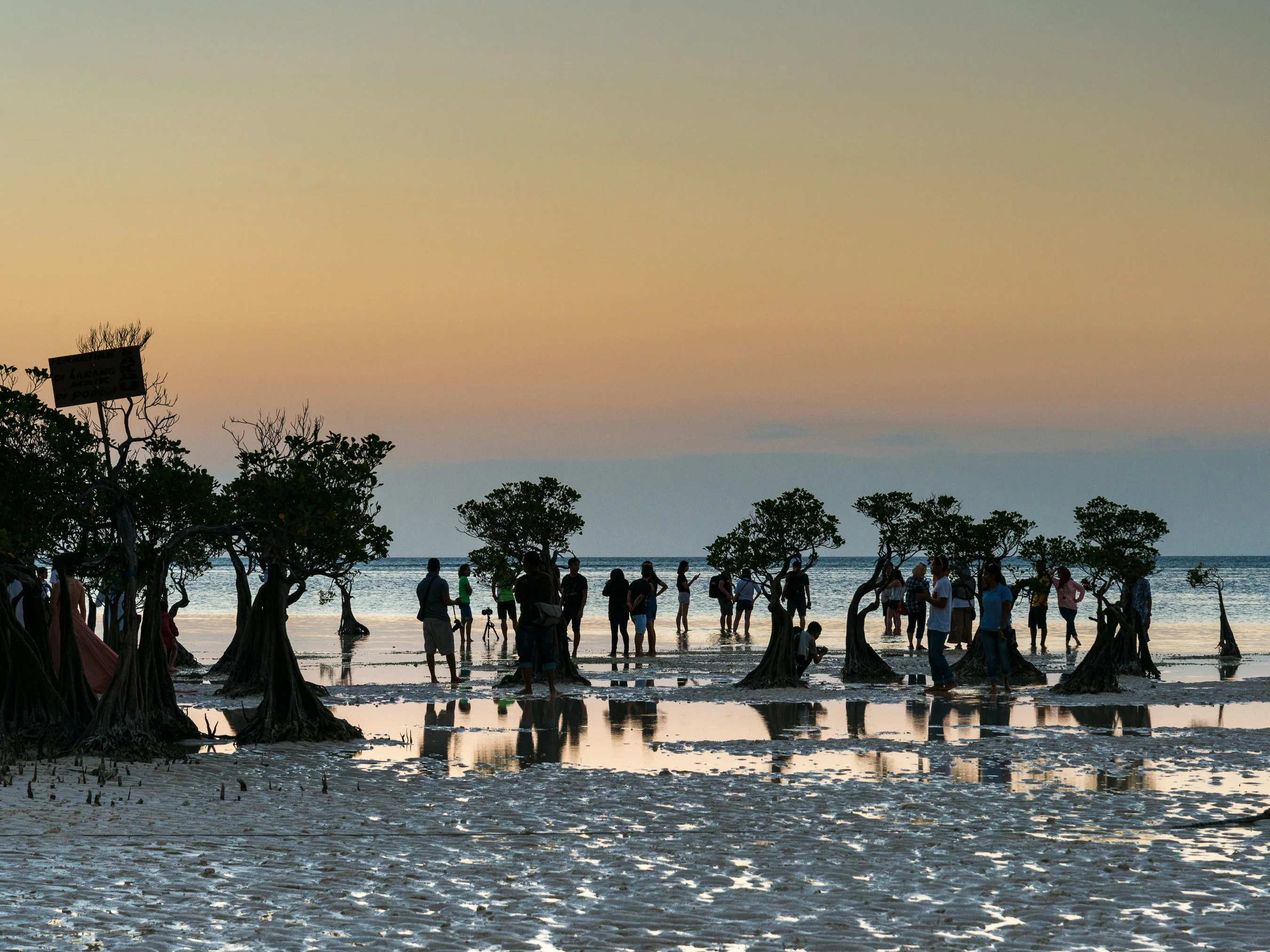
Broader Applications for Ecotourism
The agricultural practices in Sumba present broader implications for ecotourism initiatives in Bali. By integrating indigenous knowledge into tourism models, Bali could offer enriched experiences that focus on environmental stewardship, potentially drawing an upscale, conscious traveler demographic.
A Bridge to Food Security
While exploring Sumba's verdant landscapes, the underlying theme is the pursuit of food security—a goal relevant not only to Sumbanese people but globally. In adopting these sustainable techniques, modern agricultural systems might achieve a more resilient approach that considers long-term impacts on ecosystems and communities alike.
Final Thoughts
Sumba's indigenous agricultural practices are not just relics of the past but rather, they hold the key to a sustainable future. For those visiting Bali who seek authenticity and a deeper connection with the land, Sumba offers more than just a picturesque retreat. It presents an opportunity to embrace indigenous wisdom that transcends the island's boundaries, providing lasting insights for a world in search of sustainable solutions.
By journeying off the beaten path to Sumba, travelers can immerse themselves in a way of life that respects nature's balance—an education as rewarding as it is essential.
